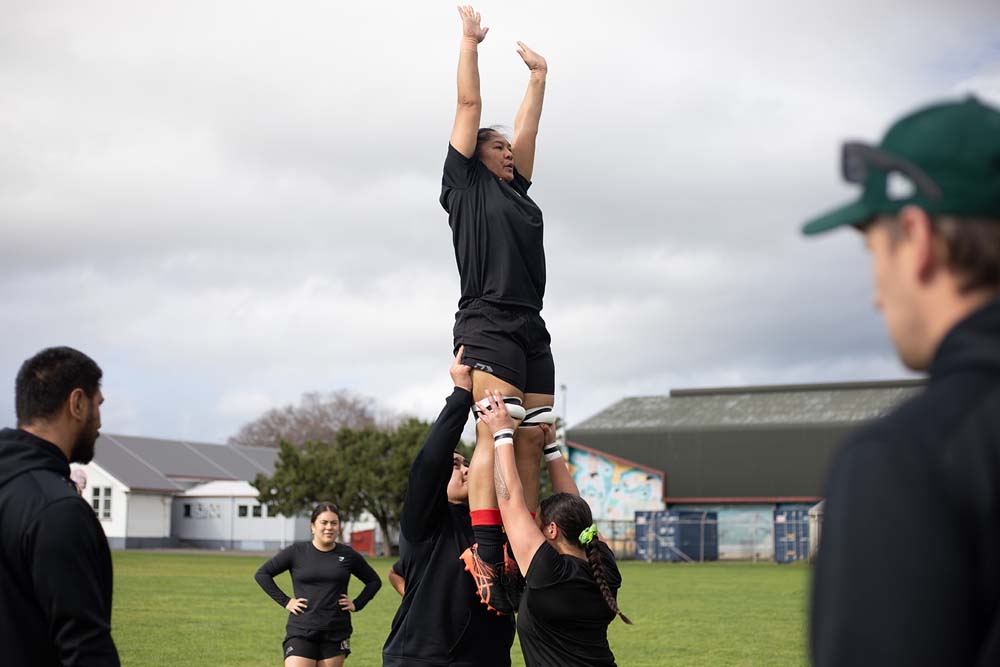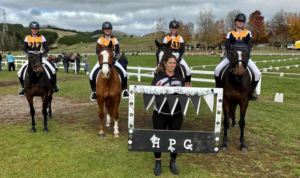There’s a new rugby competition in the Peninsula this winter, and it’s aimed at bringing women into the game.
The Thames Valley Rugby Union has announced its inaugural Thames Valley Women’s Rugby Club of Origin Competition. Dates for the competition are yet to be confirmed but will likely be a six-week run beginning at the end of June. The competition will cater to newly-formed womens’ teams from clubs in the region, in a 12-a-side format.
Community rugby manager Scott Day said the competition was in response to a growing interest from women, and addressed a gap in the current roster of games.
“We’ve got 11 clubs, and we’ve previously fielded one women’s team from the whole Thames Valley,” Scott said.
“Now they [The Hauraki North Diamonds] run under the Hauraki North Rugby banner… And it doesn’t capture all women. For people who live in Whitianga, Tairua, Whangamatā, it’s just not feasible with the travel and the distance.”

The TVRU spoke with all its clubs before Christmas to gauge interest in a club-based contest. The result, Scott said, was six possible teams and a whole host of new players.
“We know that there are women that we haven’t seen put a rugby jersey on before that are more than capable… We want to take the rugby to them,” Scott said.
“This competition is suitable for all players: older women; younger women; women who have babies, or husbands playing rugby – and we can sort of play it by our rules rather than Waikato Rugby rules.”
So far, Ngatea, Thames and Hauraki North have indicated they will put up teams for the competition. There will also be a further three combined teams: Waihī and Whangamatā will put forward a team under the Whangamatā banner; Waihōu and the Cobras will form a Te Aroha team; and there will also be a Coromandel team with some players from Whitianga.
Clubs are also being encouraged to organise some pre-competition fixtures.
“A lot of these women are playing rugby for the first time, so them going into a competition game without any preparation is just going to lead to injury, it’s going to lead to women possibly not enjoying it because they’re not as fit as they need to be.”
Scott said the surge in interest from women was reflective of a culture change at clubs, as committees moved away from the “old-boy’s club” model to a more family-friendly environment.
“Clubs have seen the success that the Hauraki North Diamonds have had,” he said.
“They know that it turned the Hauraki North Club around last year in regard to bar takings and club culture… We want to try and create the platform for them to try and do that [too].”
The competition will be played on Sundays to allow families and volunteers to meet other commitments. The TVRU is encouraging clubs to consider ways to make their clubrooms more welcoming to women, such as renovating changing rooms, adding sanitary bins and creating kid zones.
Scott is also hopeful the changes will encourage more women to become involved in other ways, as referees and coaches.
“We’ve only got three female coaches, maybe, across the province,” he said.
“I’d like to see that number get to 15 by the end of this year and I think that will naturally happen through the culture shift that we’re starting to see.”





